About the author
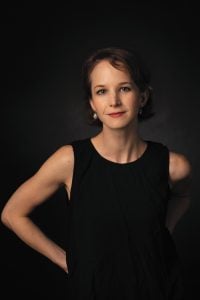 Kassandra Montag is an award-winning poet, fiction writer, and freelance medical journalist. Her work has appeared in journals and anthologies such as Midwestern Gothic, Nebraska Poetry, Prairie Schooner, and Mystery Weekly Magazine, among others. She holds an MA in English Literature and Creative Writing from Creighton University, and makes her home in Omaha, Nebraska. After the Flood is her first novel.
Kassandra Montag is an award-winning poet, fiction writer, and freelance medical journalist. Her work has appeared in journals and anthologies such as Midwestern Gothic, Nebraska Poetry, Prairie Schooner, and Mystery Weekly Magazine, among others. She holds an MA in English Literature and Creative Writing from Creighton University, and makes her home in Omaha, Nebraska. After the Flood is her first novel.
Buy a copy of After the Flood here // Read a review of After the Flood here
How I Came to Write After the Flood
As a child I lived on a floodplain of a small river in rural Nebraska. Each season I watched the river swell past its banks or drop low to a muddy gully. Two decades later I lived in the Netherlands and saw how the Dutch reshaped land to keep the sea from destroying their homes.
A year later, back home in Nebraska, I was pregnant with my first child. I had recurring dreams of a wave of water coming across the prairie, all the way from the oceans, a flood that spanned the whole continent. In my dream, I stood at the attic window, watching the water come, one hand on my swelling belly, the other on the glass, knowing this flood would change my life.
The imagery of a global flood and changed landscape was a transparent metaphor for my anxieties about becoming a mother. Specifically, my anxieties about what world I was bringing my child into and how I could navigate the increasingly disparate responsibilities I felt. Responsibilities that seemed at times in opposition to one another—such as how to be a mother and how to maintain my identity I’d had in the larger world. After having this dream, the core conflict of the novel slowly began to take shape. I saw the image of a mother on a boat in a future flooded world, sailing with one daughter, but separated from her other daughter. I discovered she was a person caught in a series of opposing choices.
Would she protect the daughter with her or would she rescue the daughter in danger?
Would she put her children’s needs above the needs of the crew she has joined or would she step into a different role beyond motherhood?
Would she give into despair or did she have some undefinable quality that helped her rise above her circumstances?
Before I had the flood dream, I had another image that kept recurring in my mind’s eye and that I detailed in my journal: “A group of people huddle around a campfire, struggling to survive and looking for a safe haven.” These, two story lines, of a mother separated from her daughter in a flood, and a group of people trying to survive, began to brush up against each other, suggesting possibilities.
By this point, I’d written for the last decade, publishing poems and short stories in literary magazines and anthologies, but I always had the nagging feeling that I hadn’t done the work I really wanted to do. I was in my late twenties, caring for my infant son full-time, and I had already written half of a failed novel that I knew wasn’t strong enough to finish. I was nervous about attempting to write this post-apocalyptic about a flood novel because it felt larger and louder and riskier than anything I’d written.
I worried about the fantastical nature of the premise and wanted the world to carry a sense of realism. My mother mentioned to me about how in Genesis, Noah’s flood was caused by “fountains of the great deep,” suggesting subterranean sources of water coming out of fissures in the sea floor. Even ancient storytelling seemed to understand the impossibility of a global flood coming from rain. Then I ran into an article in the New Scientist about how three times the Earth’s water was stored under the Earth’s crust. Leading researcher, Dr. Steven Jacobsen, remarked how if the water could be released in its liquid form, only the mountaintops would be above the new sea level. Which was exactly how I had pictured the world of my dream—with some dry land left, scattered around the world.
While the premise remained fantastical, it now felt grounded in the dynamic climate and ongoing discoveries of the environment. Supplied with the cause of my world, I then turned my attention to researching the particulars of life on it. As someone who hadn’t fished since childhood and who got violently seasick while whale watching off the coast of Iceland, I felt ill equipped to write a novel about a woman who sails and fishes to survive. So, I researched with books, documentaries, first-hand accounts of sailors and fishers, and gradually Myra and her world grew clearer and clearer.
In those days, a quote from the poet William Stafford hummed in my brain as I struggled to take on this large project: “You must revise your life.” I was motivated by that need, to finally do the work I really wanted to do. But I was also motivated by my complex reaction to the birth of my son, whose arrival made me feel that my life was already partly over. So off and on, between giving birth to my second son, starting a freelance writing business, and caring for my two sons, I spent two years writing drafts of my novel until it was ready to send out.
I wrote in states of panic and boredom and delight, against the run of time and the screams I knew would come from my sons’ rooms once nap time was over. A variety of influences all came to bear on this novel: Viking sagas, early American Western adventure tales, environmental documentaries, contemporary post-apocalyptic storytelling, and my personal experience of motherhood.
I knew I needed the novel to work on at least two levels: the global level of a changed environment and the return of tribalism as well as the personal level of a mother struggling to protect her children. I wanted it to be both an action-packed adventure tale reminiscent of the big stories I’d loved as a child and a meditation on questions I grappled with as an adult. Questions such as: how can hope endure in the wake of trauma? And what do we forfeit when we value survival above all else? But at the heart of all of it I wanted the full scope of human emotion that is present both in disaster and in birth: anguish, despair, joy, wonder, terror, and hope. And this could only be found in the small moments between characters as they made choices about how to survive in a world that seemed indifferent to them. The novel reminded me there are few right choices, only choices we struggle to live with, and the hope that the future may be more graceful and expansive than we have any right to expect.
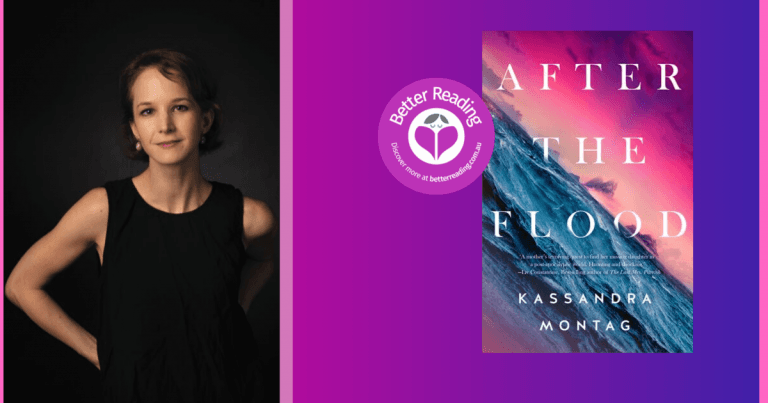
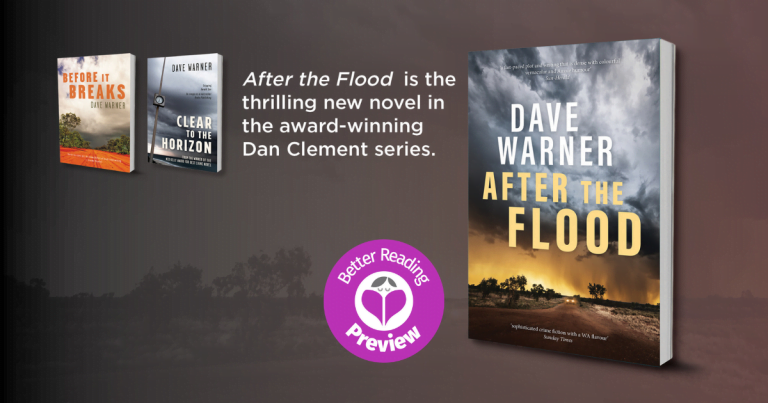
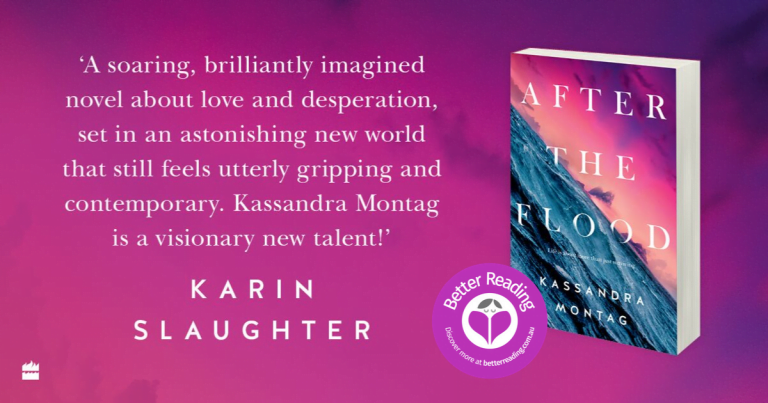
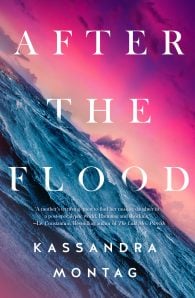
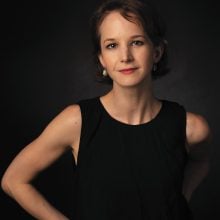
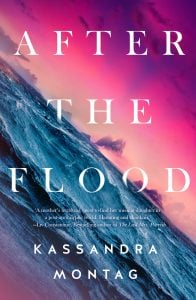
Leave a Reply